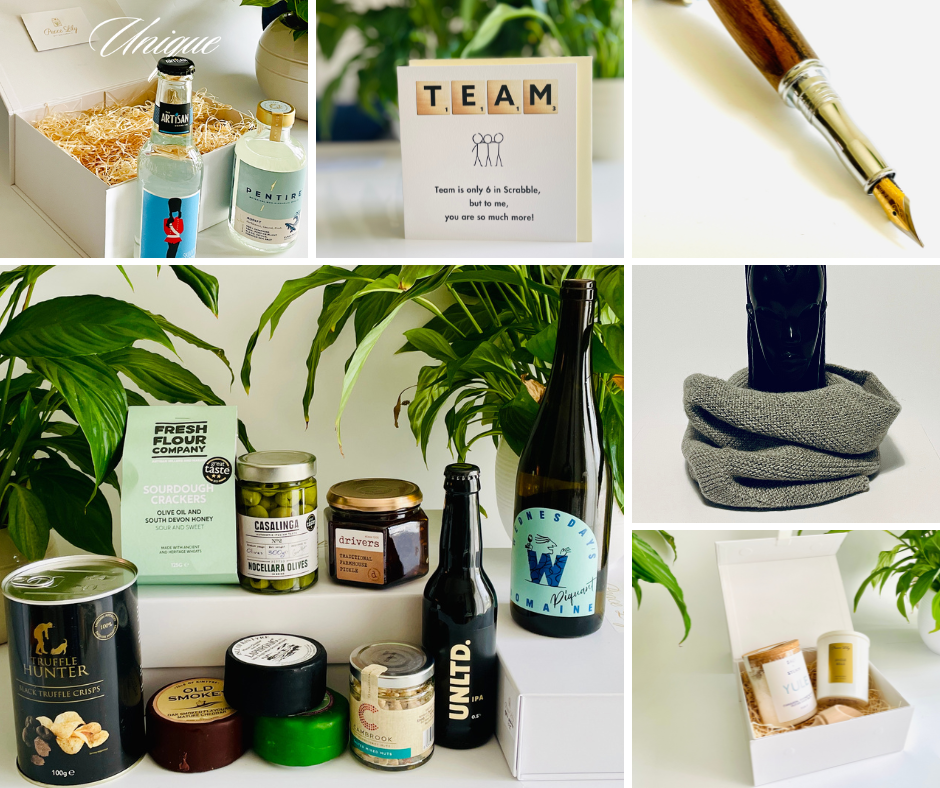Exploring the Complexities of Ethical Consumerism

When we talk about ethical consumerism, it's easy to say that we choose free-range eggs or avoid fashion giants. However, despite our efforts, these businesses continue to thrive, calling into question whether we're truly putting our money where our mouths are.
The very nature of consumption means we're using up scarce resources, which can leave many of us with a desire to do our bit for the environment feeling confused and unsure if ethical consumption is even possible.
The issue may lie in the volume, type, and method of consumption.
Sadly, industries such as war, crude oil, and waste management - some of the most profitable in the world - are not widely regarded as being the most eco-friendly. It feels challenging to get these industries to adopt greener practices, and turning them green is no mean feat.
Even the term "green" has become sullied by accusations of "greenwashing." Sadly, climate-related claims are often unclear and misleading, amounting to greenwashing. In fact, 53% of environmental claims assessed in 2020 were considered misleading or unfounded.
Consumers are also becoming aware that products don't last as long as they used to. Washing machines, for example, can now break down after just a few years. This raises the question of whether they're designed to fail or just made too cheaply to last. Supply chains can be complex and opaque, with non-disclosure agreements preventing understanding and trackability.
The future of consumerism is changing, with Gen Z leading the charge for ethical consumption by demanding sustainable products - with 62% of Zoomers preferring to buy from sustainable brands. Companies that want to grow must focus on sustainable business growth, taking into consideration not only the environmental impact of production but also the impact of transport.
While we wait for universal frameworks and legislation with teeth, we can all take small steps towards being more eco-conscious in our everyday choices. By asking questions about the supply chain, materials used, and waste created, we can make informed and mindful purchasing decisions.





Leave a comment